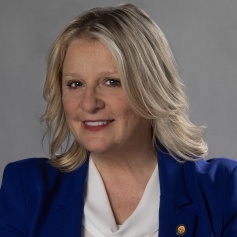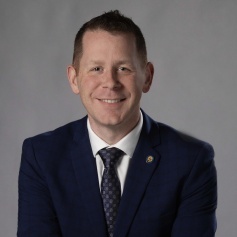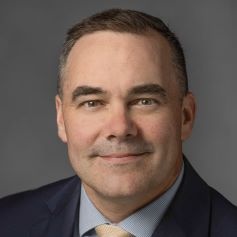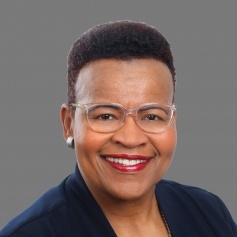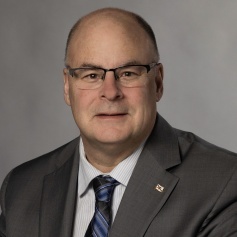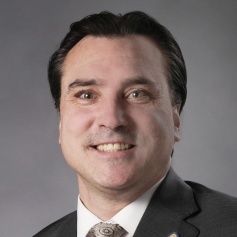Cabinet
The current cabinet consists of 21 members of the Executive Council. The cabinet members are displayed in order of precedence.
The cabinet is the decision-making authority of the executive branch of government. It is responsible for government administration and policy.

Honourable Tim Houston

-
Minister of Trade

Honourable Barbara Adams

-
Deputy Premier
-
Deputy President of the Executive Council
-
Minister responsible for Military Relations
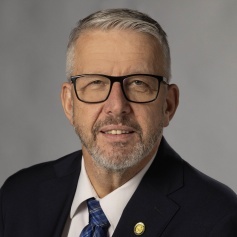
Honourable John Lohr

-
Minister of Labour Relations

Honourable Michelle Thompson

-
Minister responsible for the Office of Healthcare Professionals Recruitment
-
Minister responsible for Healthcare Redevelopment

Honourable Scott Armstrong

-
Provincial Secretary
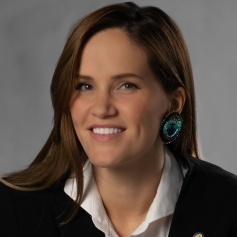
Honourable Leah Martin

-
Minister of Communications
-
Minister responsible for Youth

Honourable John White

-
Minister of Housing
Appointment & membership
The cabinet, formally the Executive Council, is made up of members appointed by the Lieutenant Governor on the advice of the premier. The Lieutenant Governor may appoint a president, deputy president and ministers to the Executive Council. By tradition, the president of the Executive Council is the premier.
Membership in the Executive Council is by appointment, and as such, a member does not necessarily have to be an elected Member of the House of Assembly.
When a general assembly dissolves, Members of the House of Assembly cease to be members, but members of the Executive Council continue in their appointed positions until they either resign or a new member is sworn-in in their place.
Members of the Executive Council may use the honorific “The Honourable” before their name and the initials E.C.N.S. after their name to indicate their membership. These privileges are also accorded to honorary members of the Executive Council.
Oaths
An appointment to the Executive Council becomes official when the member is sworn-in. Appointees must swear the ministerial oath of allegiance and oath of office. If a minister’s responsibilities change, the minister does not have to swear the oaths again.
Typically, new members of the Executive Council are sworn-in at Government House, residence of the Lieutenant Governor.


